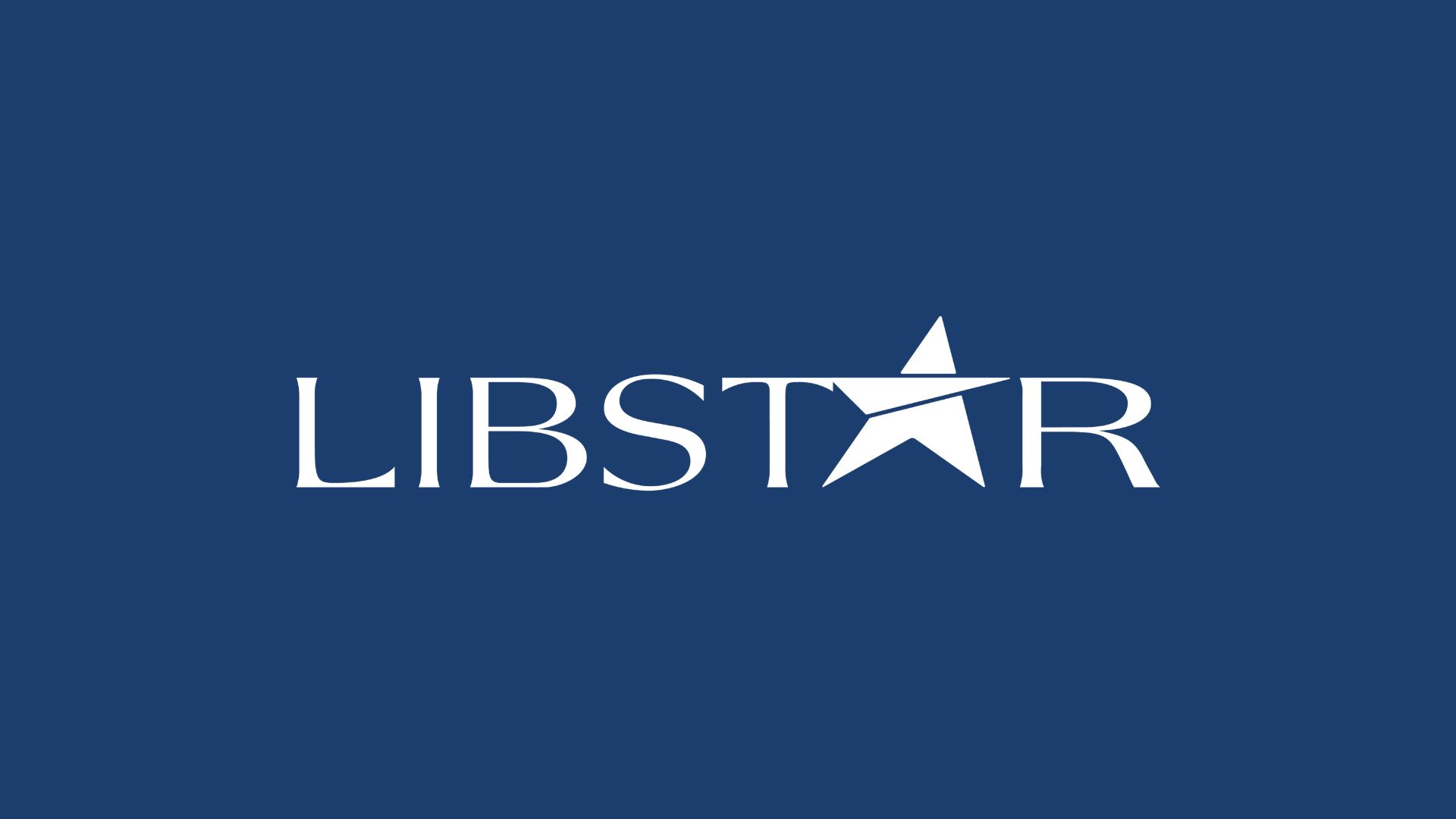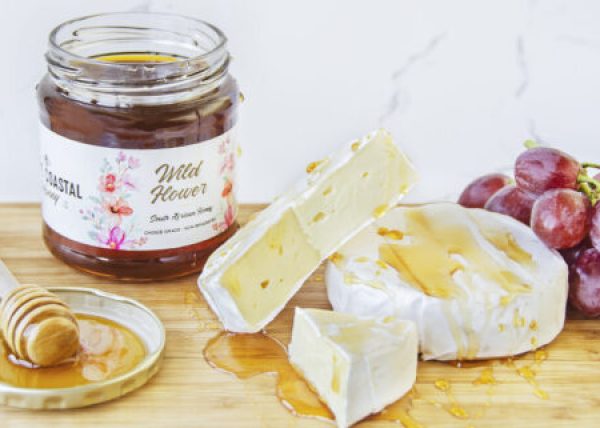- The strength and diversity of Libstar’s category-led and multi-channel operating model highlighted again.
- The adverse impact of global supply chain disruptions and input cost inflation was mitigated by protecting gross profit margins and limiting the increase in operating expenses.
- The acquisition of Cape Foods supports the group’s ambition to grow its export channel exposure with value-added dry condiments.
- HPC remains held for sale, with Glenmor already exited after end of June.
- Key step in the repositioning of the group towards its four food categories.
- As announced on SENS on 12 September, CEO Andries van Rensburg will retire at the end of the year, with CFO Charl de Villiers to become the new CEO from January 2023.
“We are very proud of delivering sound earnings growth in a context of significant inflation and extreme customer pressure. We were able to protect our gross margins despite the continued onslaught of raw material, packaging, utilities and freight cost increases. These results again affirm the strength of our category-led and multi-channel operating model. Even within these challenging conditions, we launched 364 new and renovated products compared to 316 in the comparative period. Our new products continue to demonstrate our innovation capabilities in our branded, private brand and principal branded offerings.
Commenting on the results, outgoing Libstar CEO Andries van Rensburg
Looking forward, incoming CEO Charl de Villiers added:
“Despite numerous challenges, our diversified brand solutions, product mix and channel exposure will leave our structural growth drivers intact. We will continue to focus on our value-added food portfolio and will further explore high-growth opportunities through bolt-on acquisitions, such as the Cape Foods transaction, and as part of our recently-launched Nova incubator.
“Our customer-centric approach and increased focus on margin maintenance, the repositioning of our food portfolio and our broad channel exposure are expected to support the delivery of a resilient second-half performance.”
Financial summary
The Household and Personal Care (HPC) divisions of Chet Chemicals and Contactim remain classified as held for sale from the previous full-year reporting period. The Glenmor Soap subsidiary has also been classified as held for sale, as the group completed the exit from this investment shortly after the close of H1.
- Group revenue increased by 9.6%
- Volume sales was up 6.9% and improved in all categories
- Price increases and changes in sales mix contributed 2.7% to group sales growth
- Gross profit margin remained protected at 22.9% (H1 2021: 23.0%)
- Rising manufacturing cost inflation was largely offset by improved price realisation, increased capacity utilisation and efficiencies
- Foreign currency
- Realised foreign currency translation losses decreased to R2.6 million compared to R3.5 million in the prior period
- Unrealised foreign currency translation losses increased by R13.7 million from a profit in the prior year of R1.1 million to a loss of R12.6 million in the current period
- Group Normalised operating profit* increased by 10.1% at a margin of 6.7% (H1 2021: 6.6%)
- This was supported by strong revenue growth, as well as margin and cost controls
- Group Normalised EBITDA* increased by 4.6% at a margin of 9.5% (H1 2021: 9.9%)
- Fully diluted EPS increased by 95.2% and fully diluted HEPS increased by 101.6%
- This was bolstered by the increase in group EBIT of 14.1% and a reduction in the operating loss from HPC’s discontinued operations from R40 million to R0.4 million
- Normalised EPS*, which excludes unrealised foreign currency movements and other non- recurring, non-trading and non-cash items, increased by 12.3%
- Normalised HEPS* increased by 14.1%
- Cash generated from operating activities decreased from R465 million to R140 million
- This was mainly due to an increase in net working capital to 17.4% of Group revenue (H1 2021: 14.5%) due to a R285 million investment in inventory compared to the prior reporting period. The group remains committed to the target range of 13.0% to 15.0% and a significant reduction in inventory holding by year-end
*The Group uses revenue, Normalised EBITDA, Normalised earnings per share (EPS) and Normalised headline earnings per share (HEPS) from continuing operations, which exclude non-recurring, non-trading and non-cash items, as the key measures to indicate its true operating performance.
Operational Overview
Perishables (54% of Group revenue and 47% of Group normalised EBITDA)
- Revenue increased by 14.6% (This included volume growth of 6.3%)
- Gross profit margin improved to 20.0% (H1 2021: 19.0%)
- Normalised EBITDA increased by 27.8% at a margin of 9.1% (H1 2021 margin: 8.2%)
Groceries (32% of Group revenue and 36% of Group normalised EBITDA)
- Revenue increased by 2.2% (Volume sales increased by 8.3%)
- Gross profit margin declined to 25.1% (H1 2021: 26.6%)
- Normalised EBITDA decreased by 17.7% at a margin of 11.7% (H1 2021: 14.6%)
Snacks and Confectionery (5% of Group revenue and 9% of Group normalised EBITDA)
- Revenue increased by 11.6% (Volumes increased by 14.0%)
- Gross profit margin increased to 34.5% (H1 2021: 34.2%)
- Normalised EBITDA increased by 23.2%, at a higher margin of 18.4% (H1 2021: 16.7%)
Baking and Baking Aids (9% of Group revenue and 8% of Group normalised EBITDA)
- Revenue increased by 8.6% (Volumes increased by 0.7%)
- Gross profit margin decreased to 25.2% (H1 2021: 25.8%)
- Normalised EBITDA decreased by 6.1% at an EBITDA margin of 9.4% (H1 2021: 10.8)




